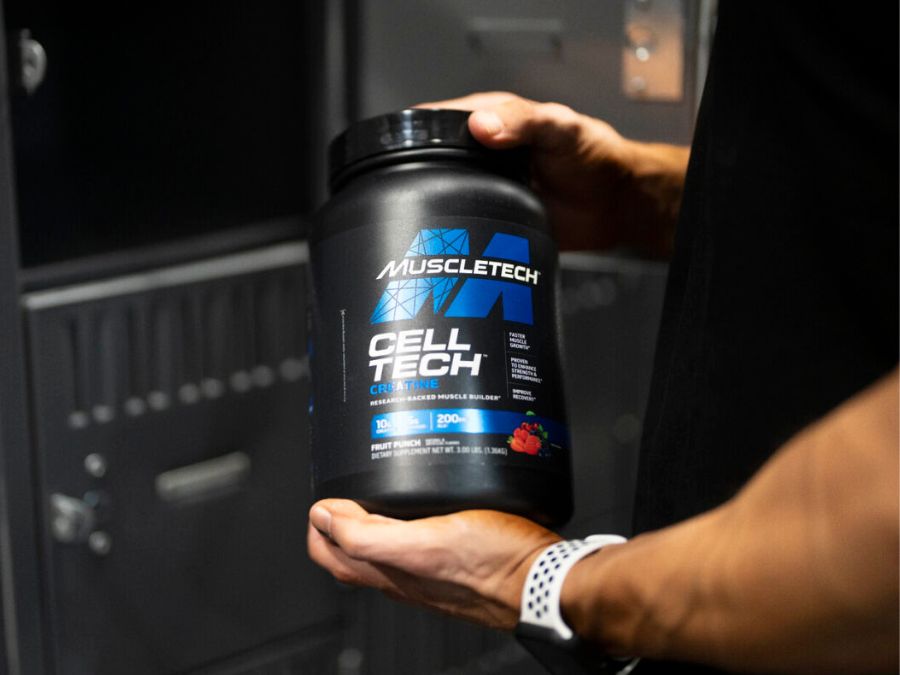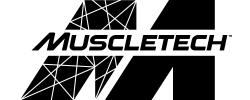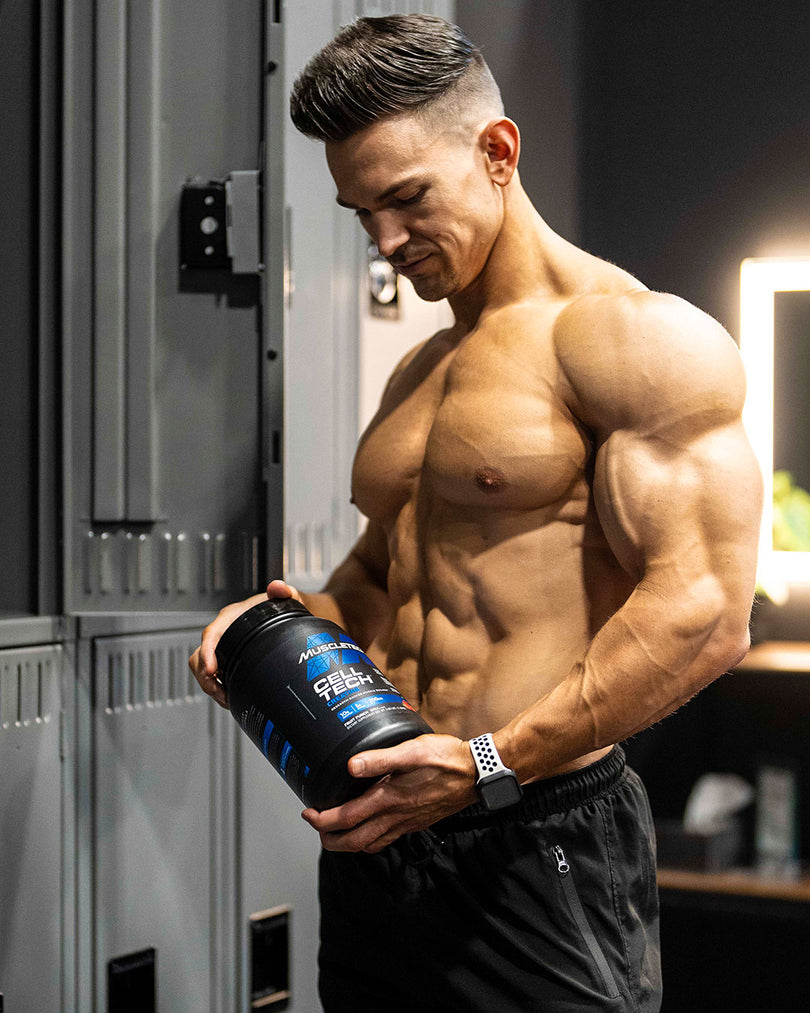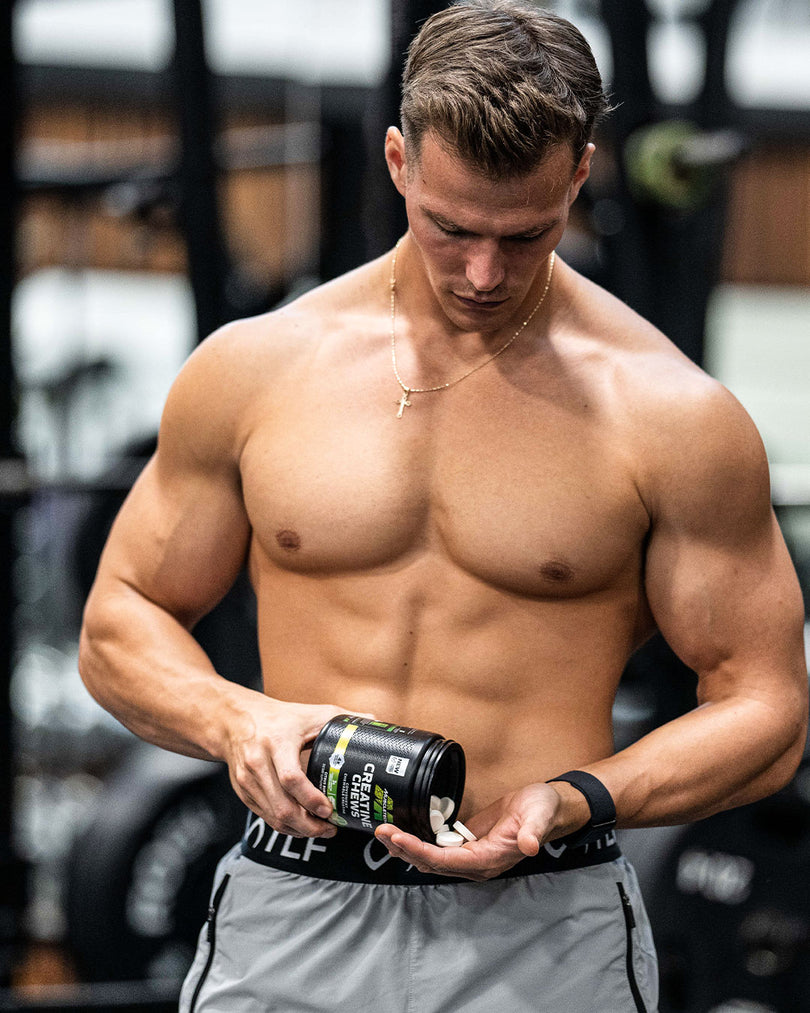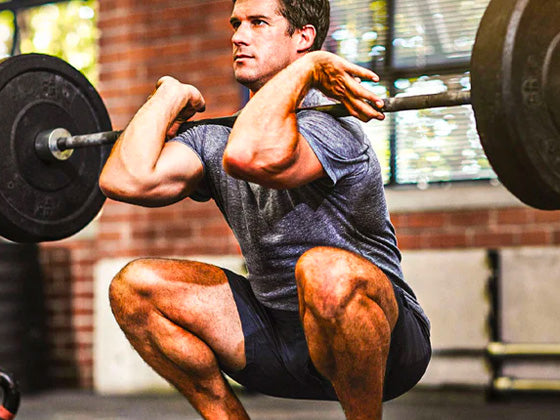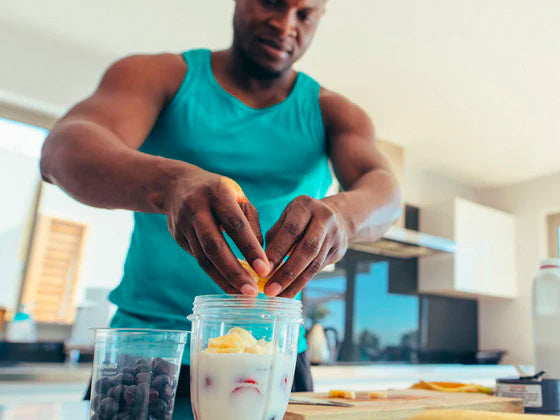Journal
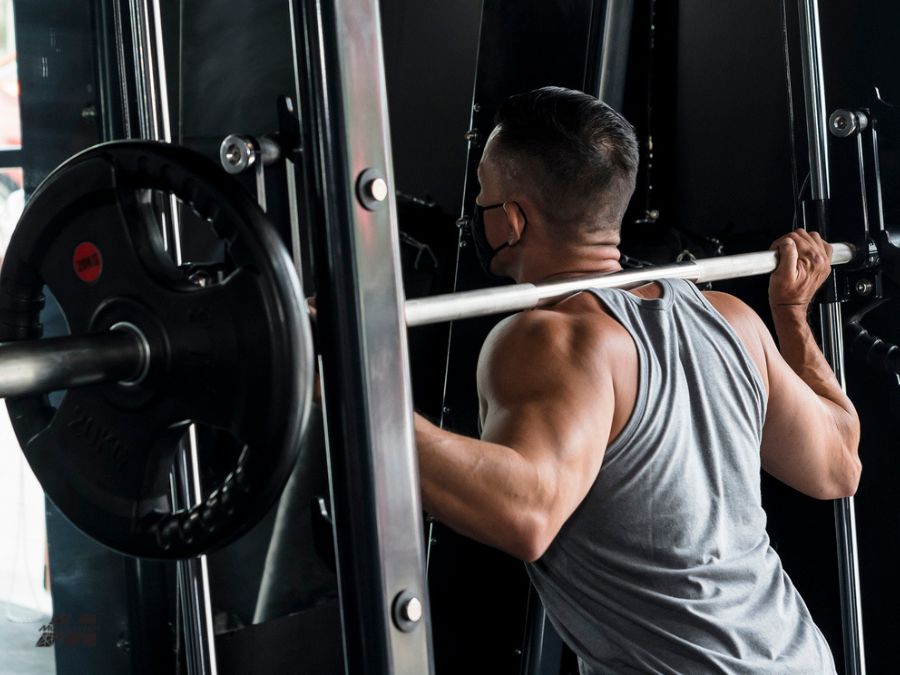
Perfect Smith Machine Squats - The Complete Guide

Your Guide to a Complete Bodyweight Workout
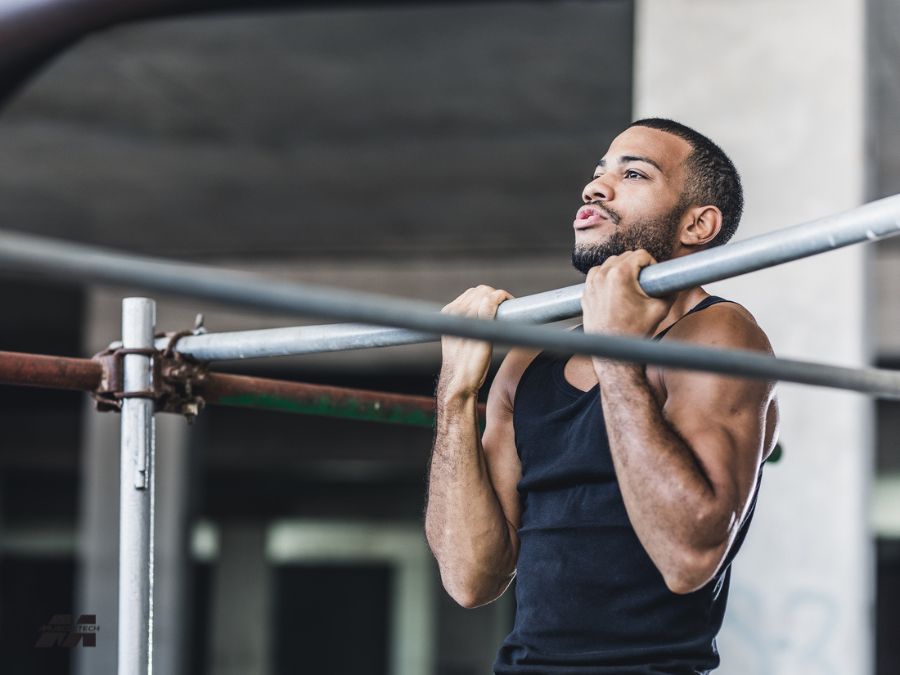
The Perfect Chin Ups - A Complete Guide
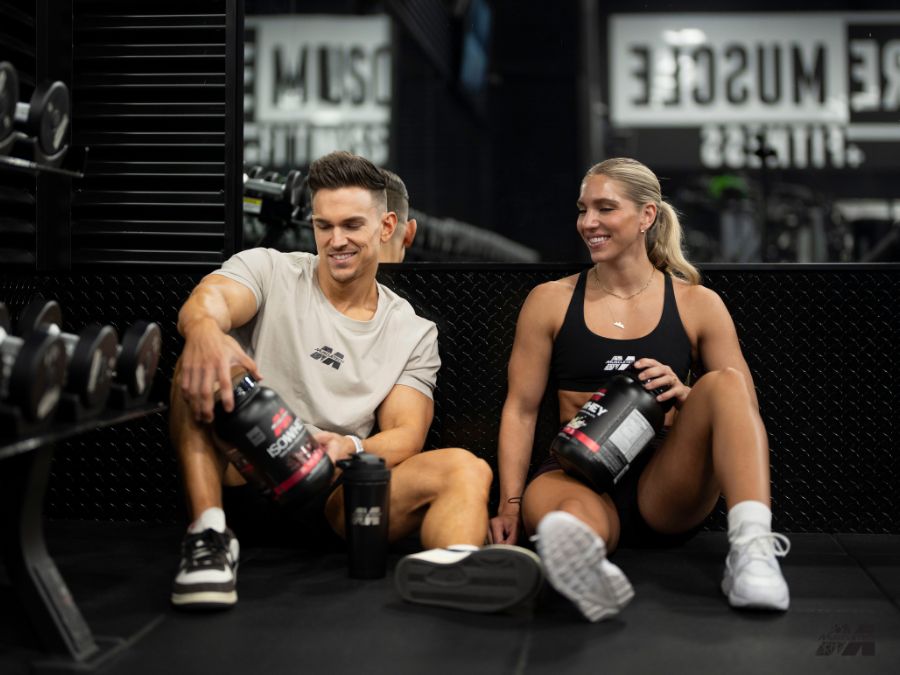
The Hardgainer's Guide to Putting on Mass

The Ultimate Guide To Creatine For Beginners
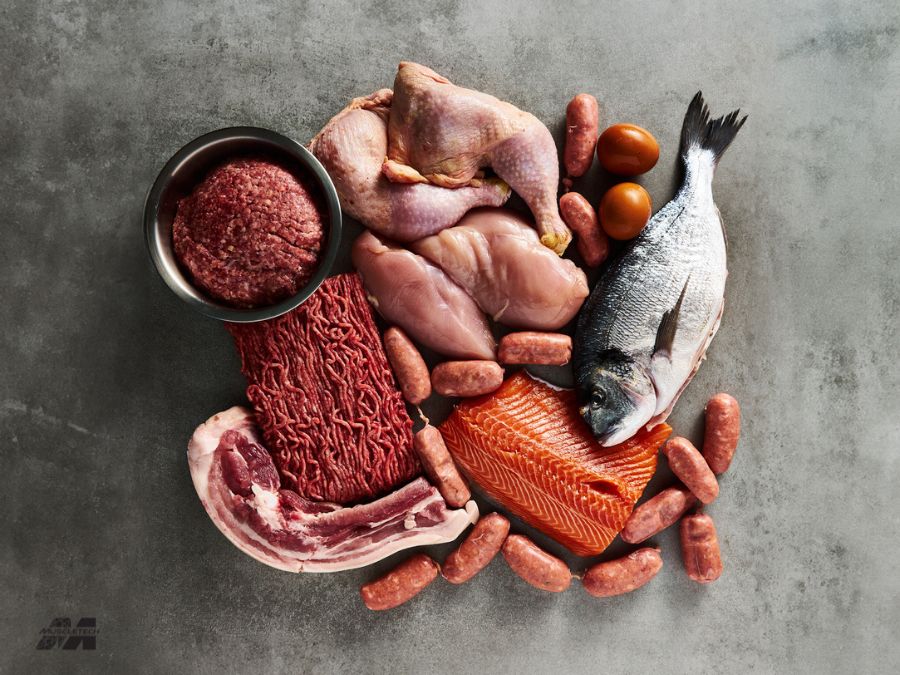
The Complete Guide to Protein for Bodybuilding
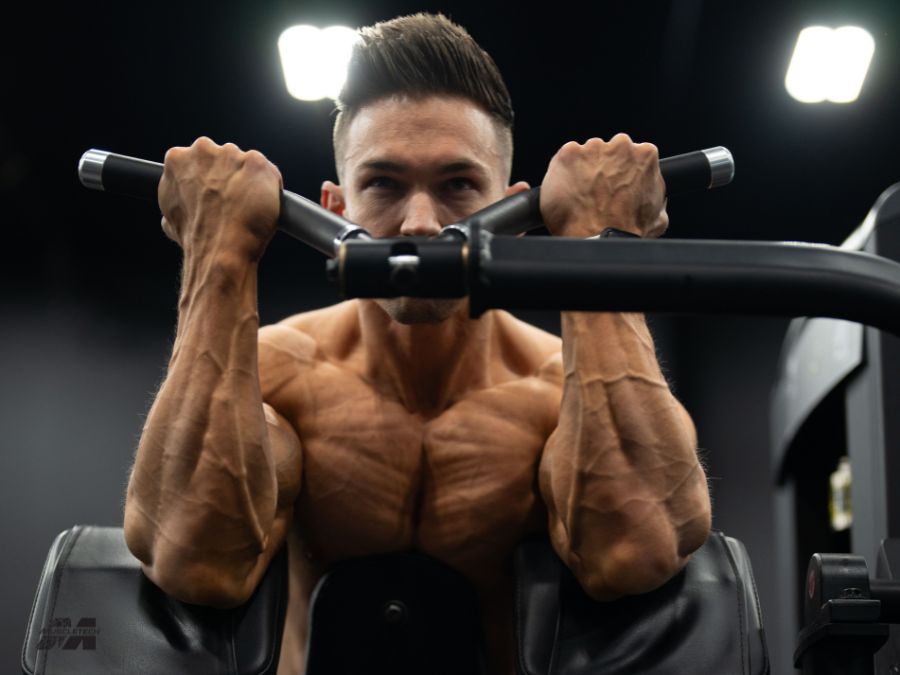
How to Get Bigger Forearms? - Essential Workout Guide

What is a Conditioning Workout? Complete Guide
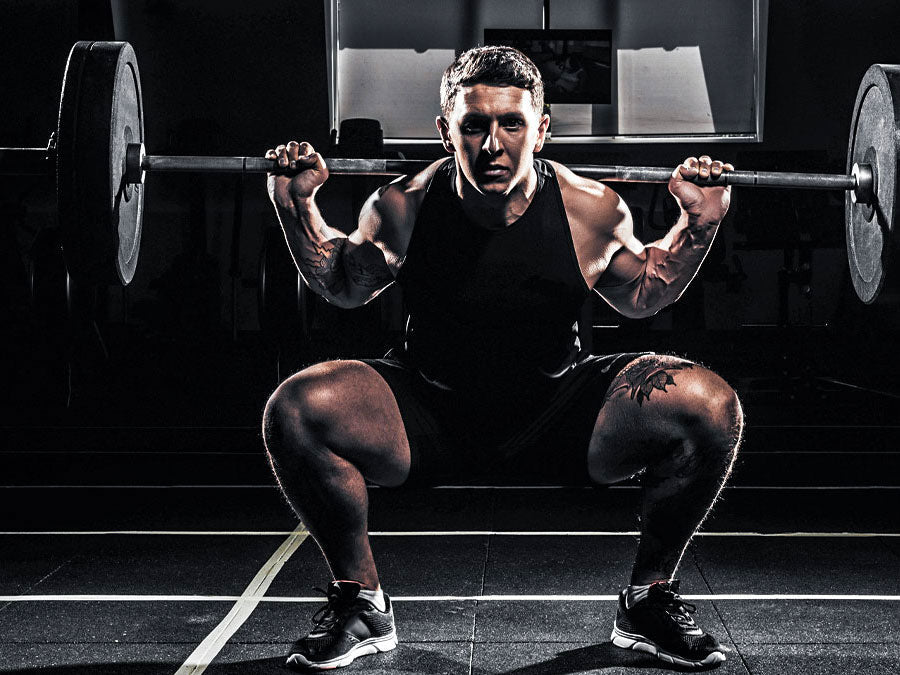
How to Increase Your Squat?

Low-Calorie High Protein Meals - A Complete Guide
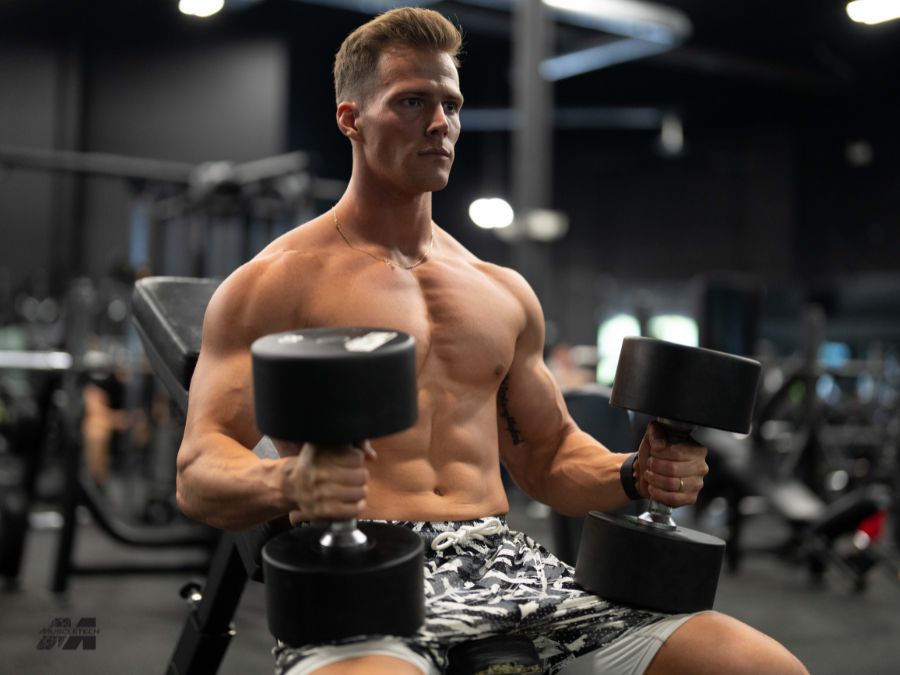
Shoulder Exercises with Dumbbells - The Complete Guide
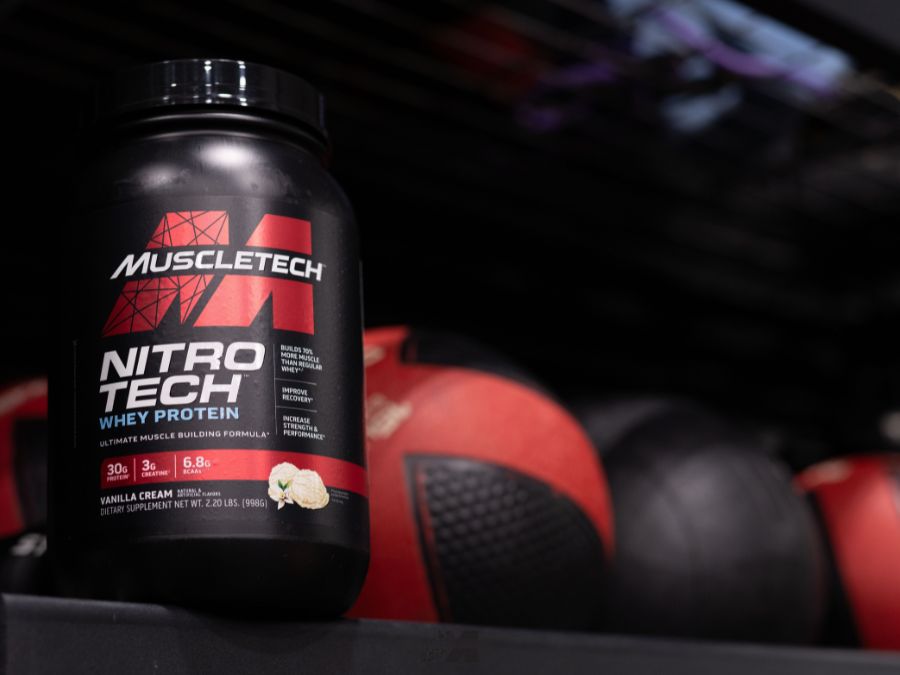
Protein Supplement Buyers Guide: Whey Protein Vs Isolate
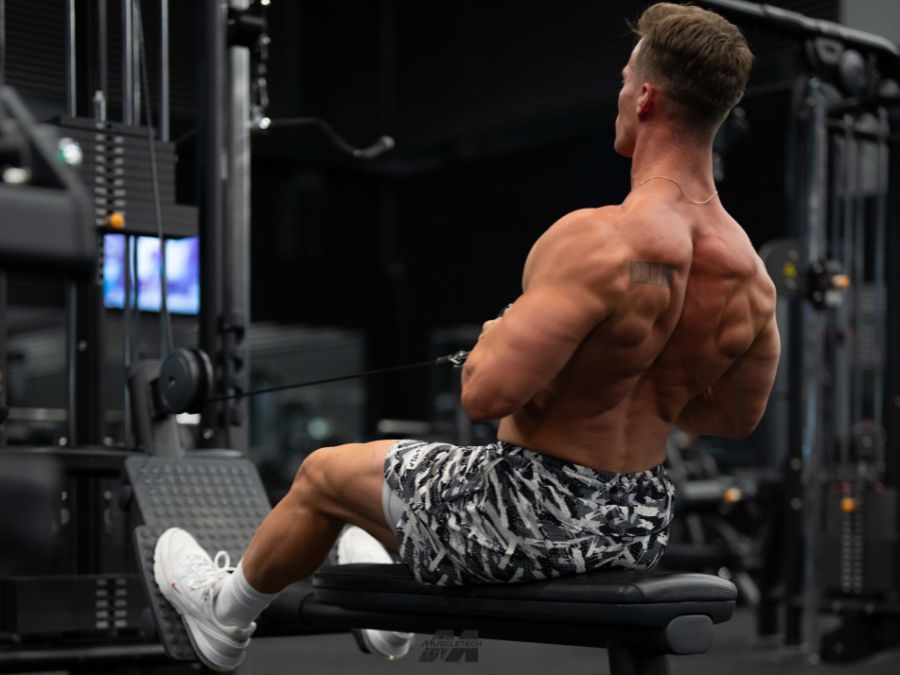
How to Gain Weight with a Fast Metabolism?
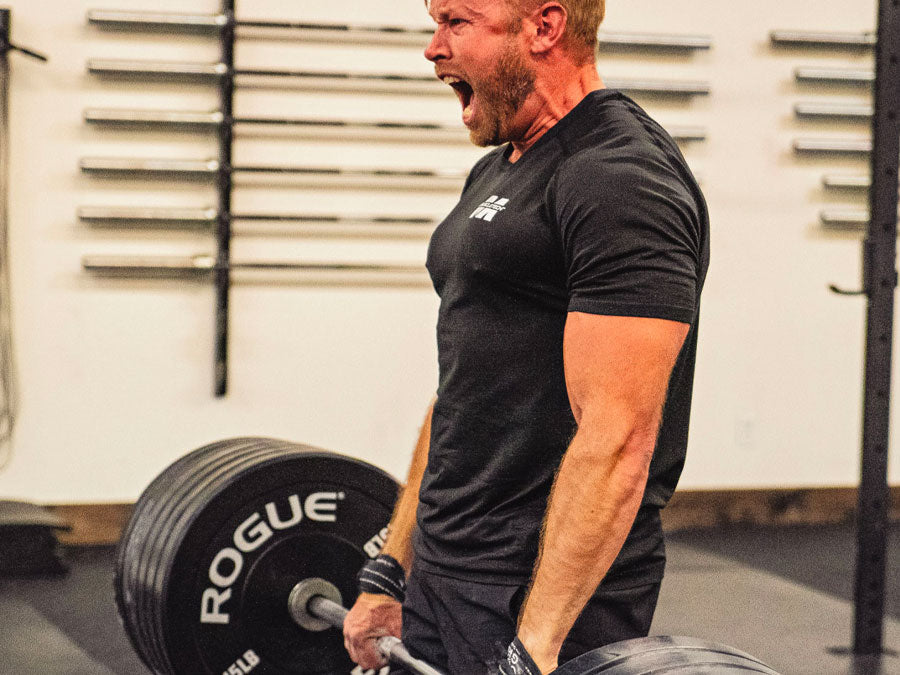
Building Muscle After 60 - How to Keep Training As You Age?
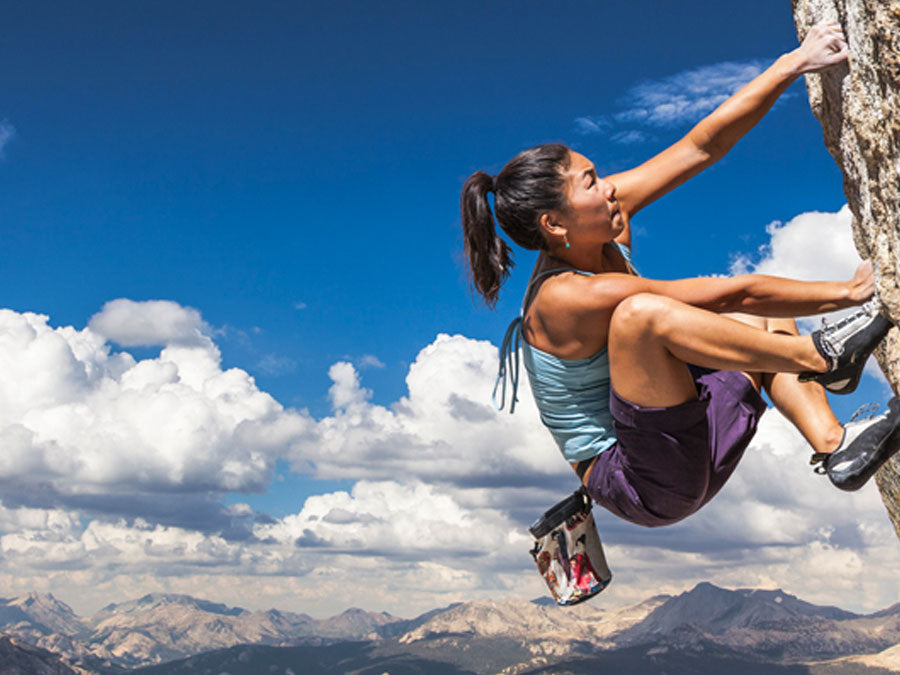
Top 10 Destination Fitness Retreats

Deciphering The Difference Between BCAAs Vs. Creatine [Expert Reviewed]
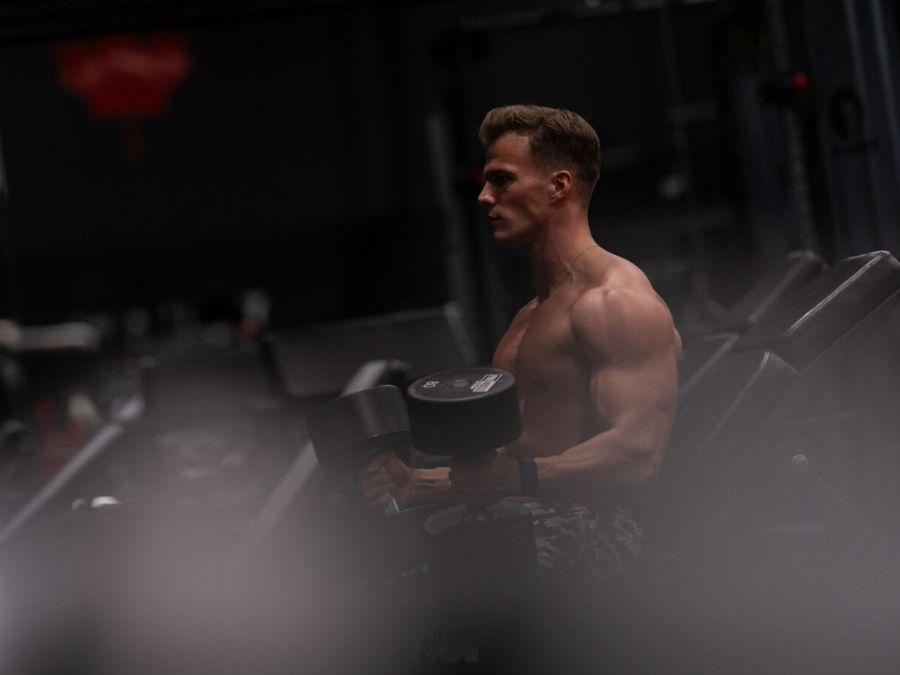
What Food Increases Testosterone?
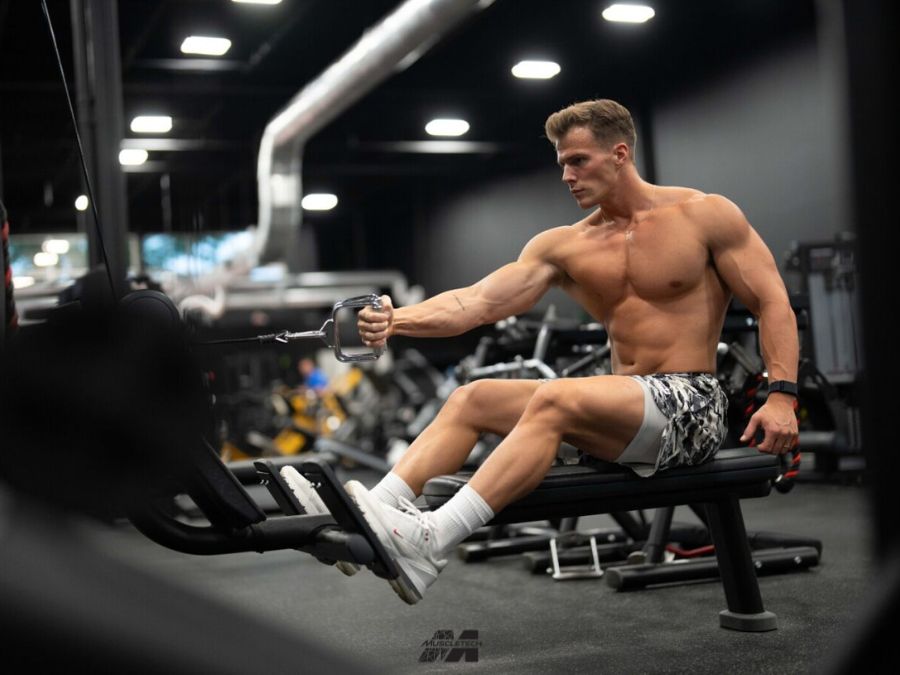
How To Use Mass Gainer for Best Results [Expert Tips]
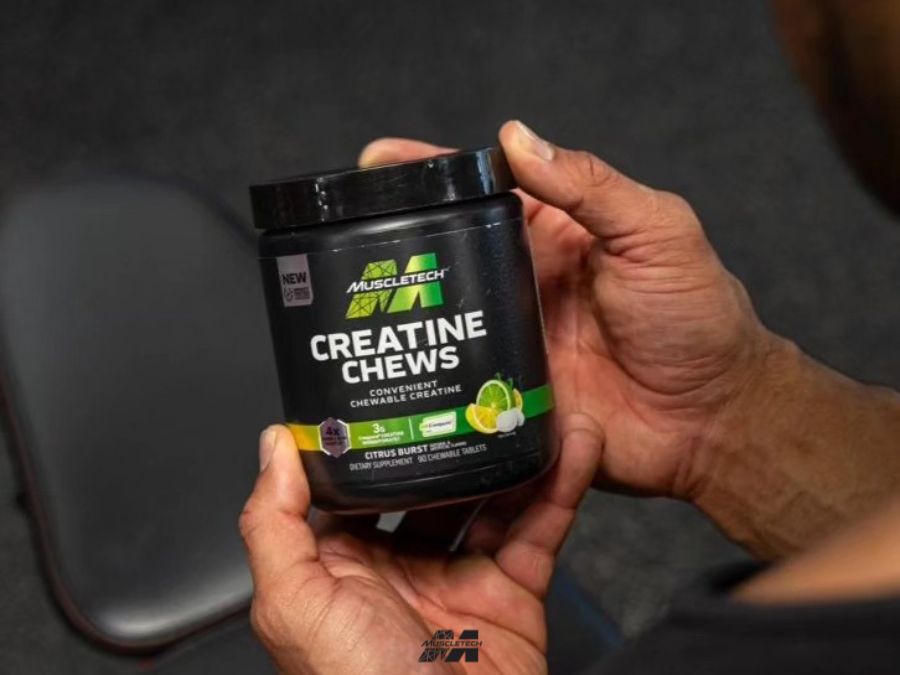
Exploring the Effects of Mixing Creatine and Alcohol
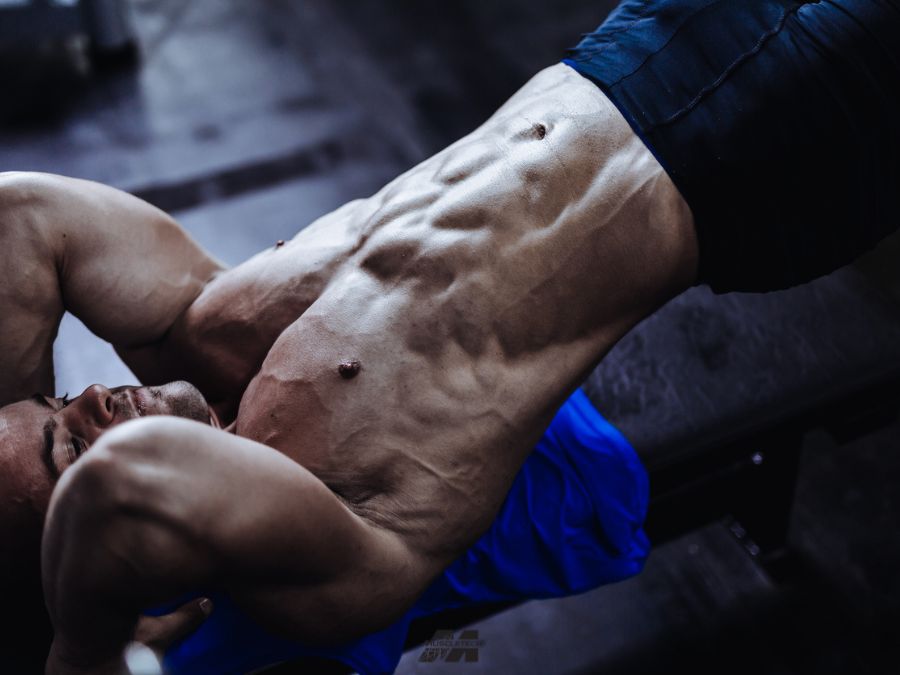
Dumbbell Hip Thrust - How to, Benefits & Alternatives
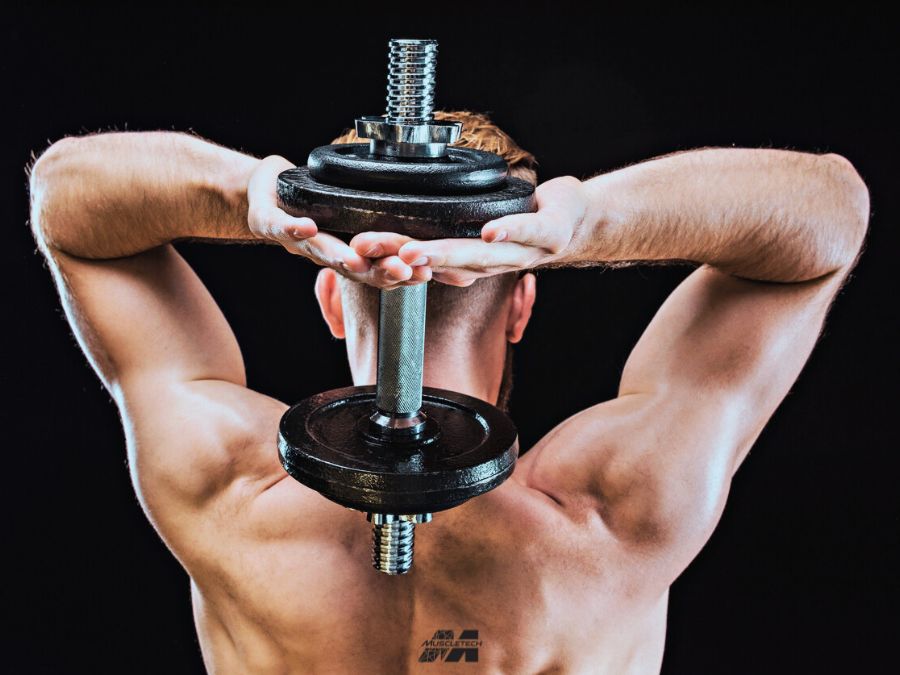
Dumbbell French Press - Increase Triceps & Strength
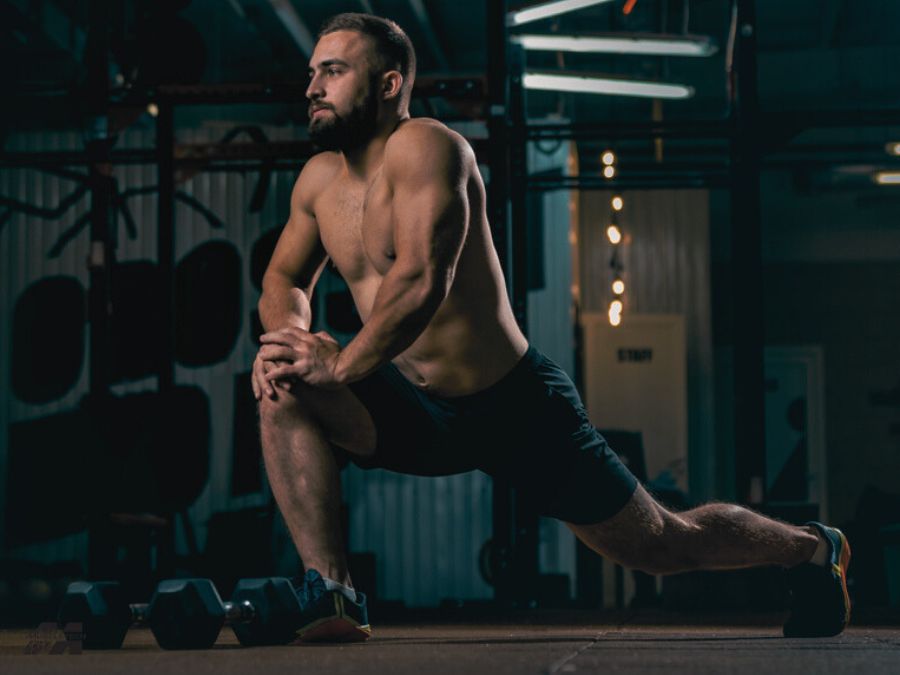
Best Inner Thigh Exercises that Reach Those Hard Targets
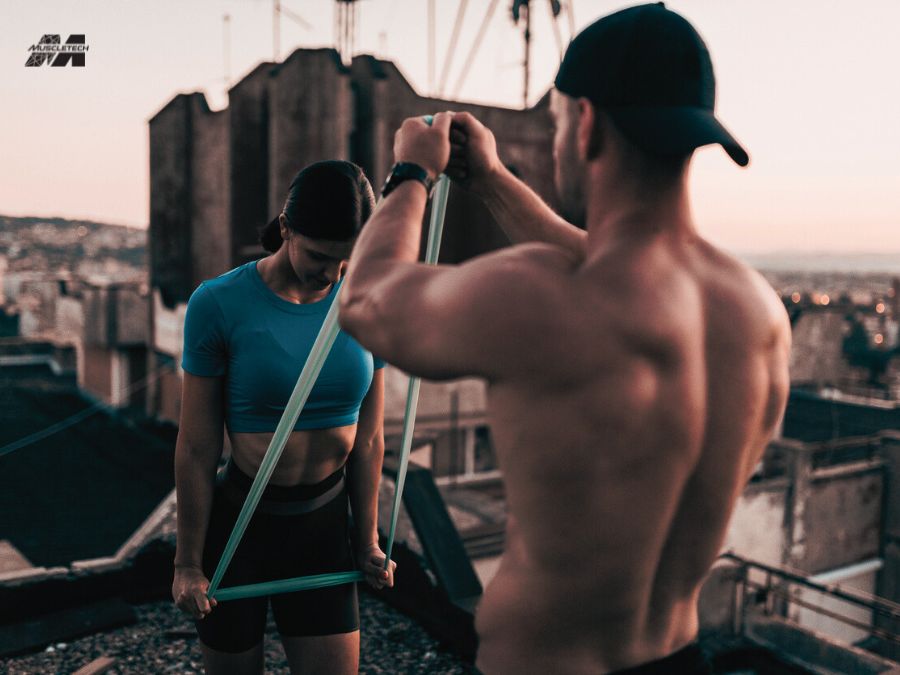
How to Perfectly Execute The Straight-Arm Pulldown?
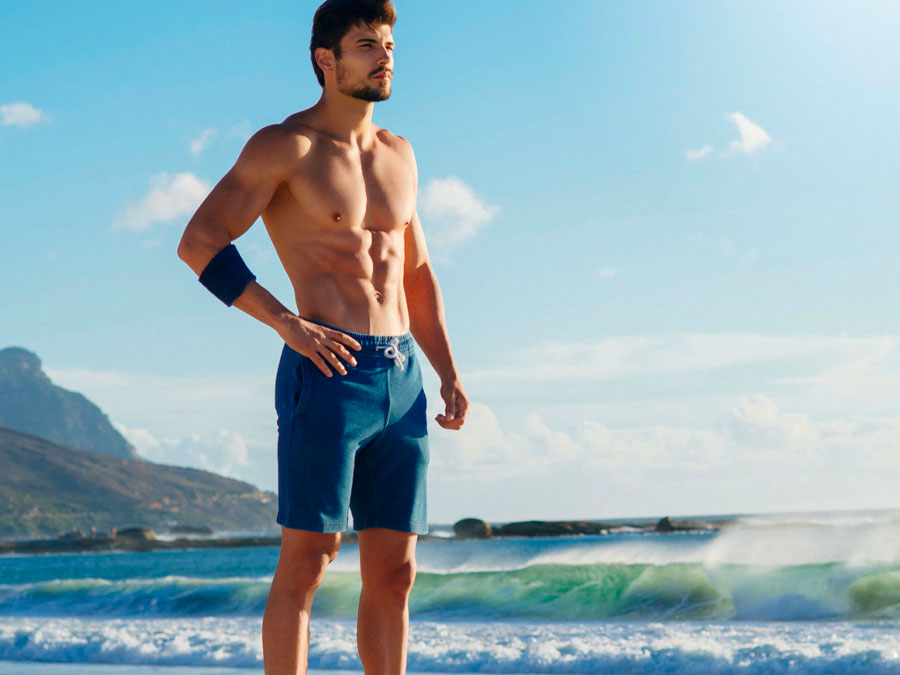
How to Cut for Summer? - 5 Science-Backed Ways
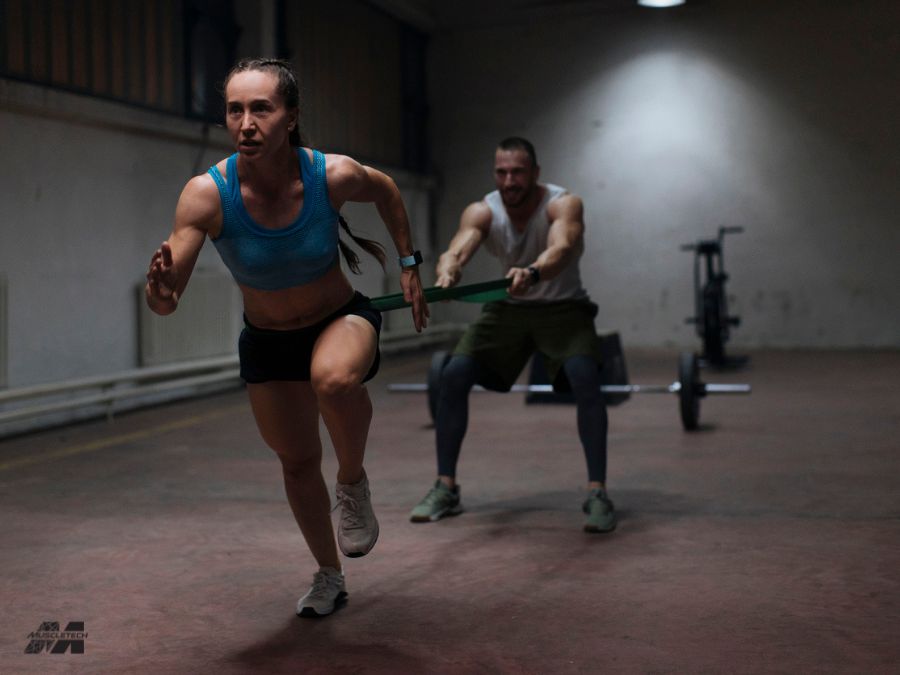
Exercises for a Smaller Waist: Effective Techniques to Slim Your Waist
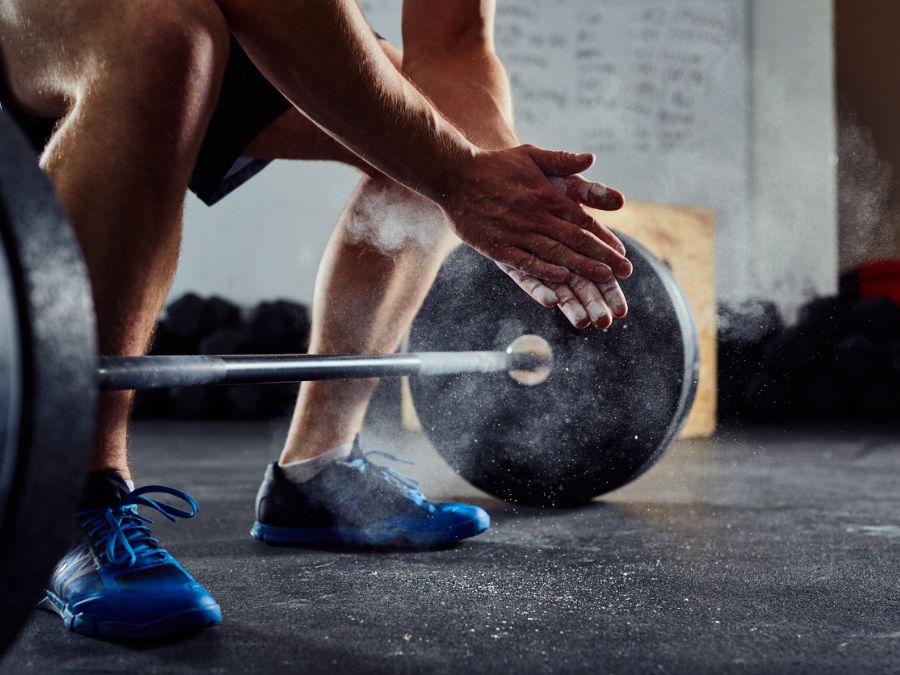
Bane Workout - The Ultimate Training Program
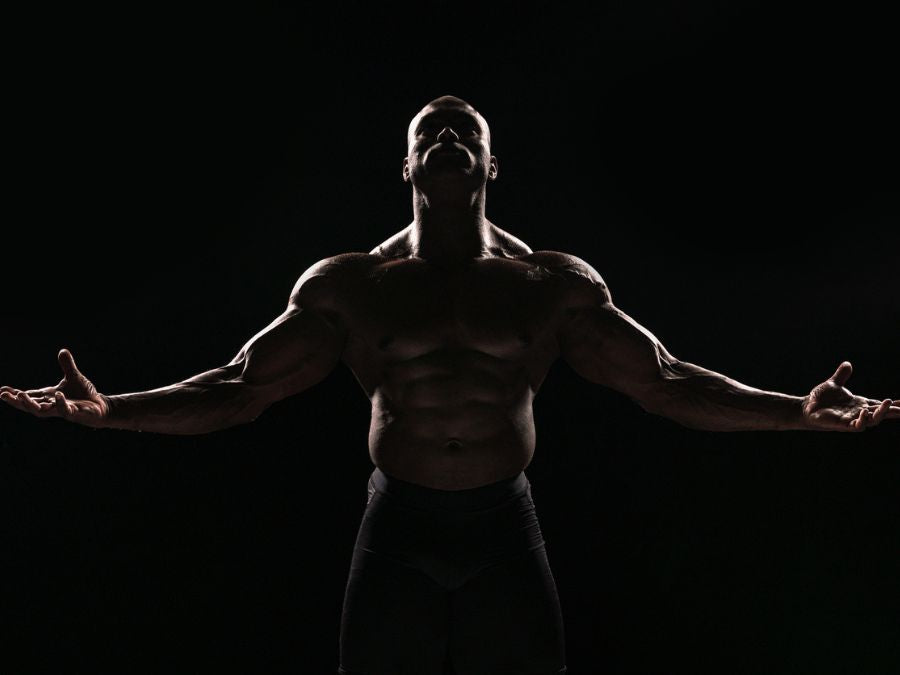
Isometric vs Isotonic Exercises: The Differences and How to Use Them
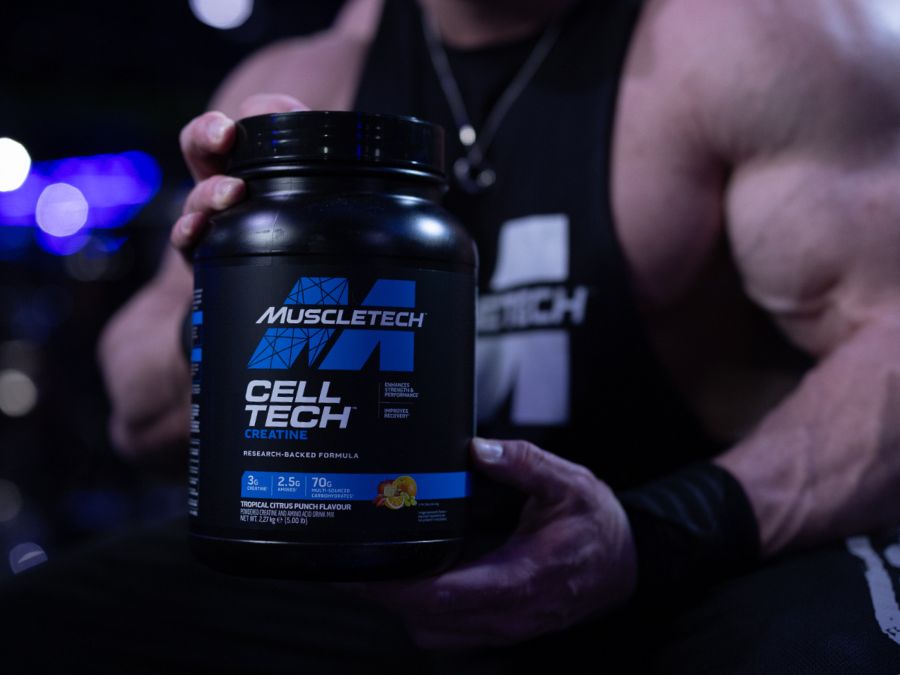
How Much Water Should I Drink While Taking Creatine?
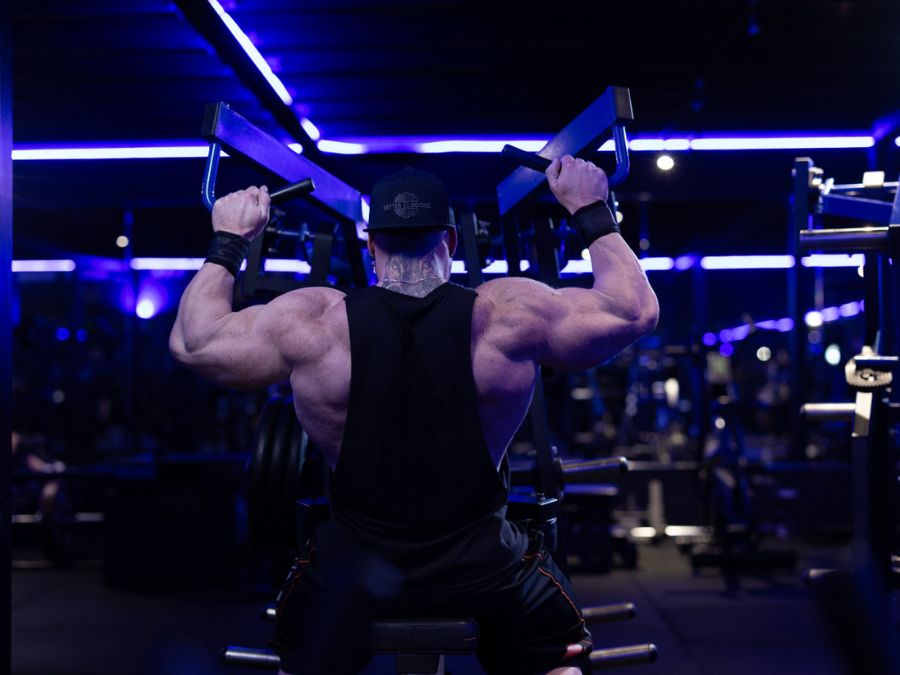
What Does Post Workout Mean? A Guide to Achieving More
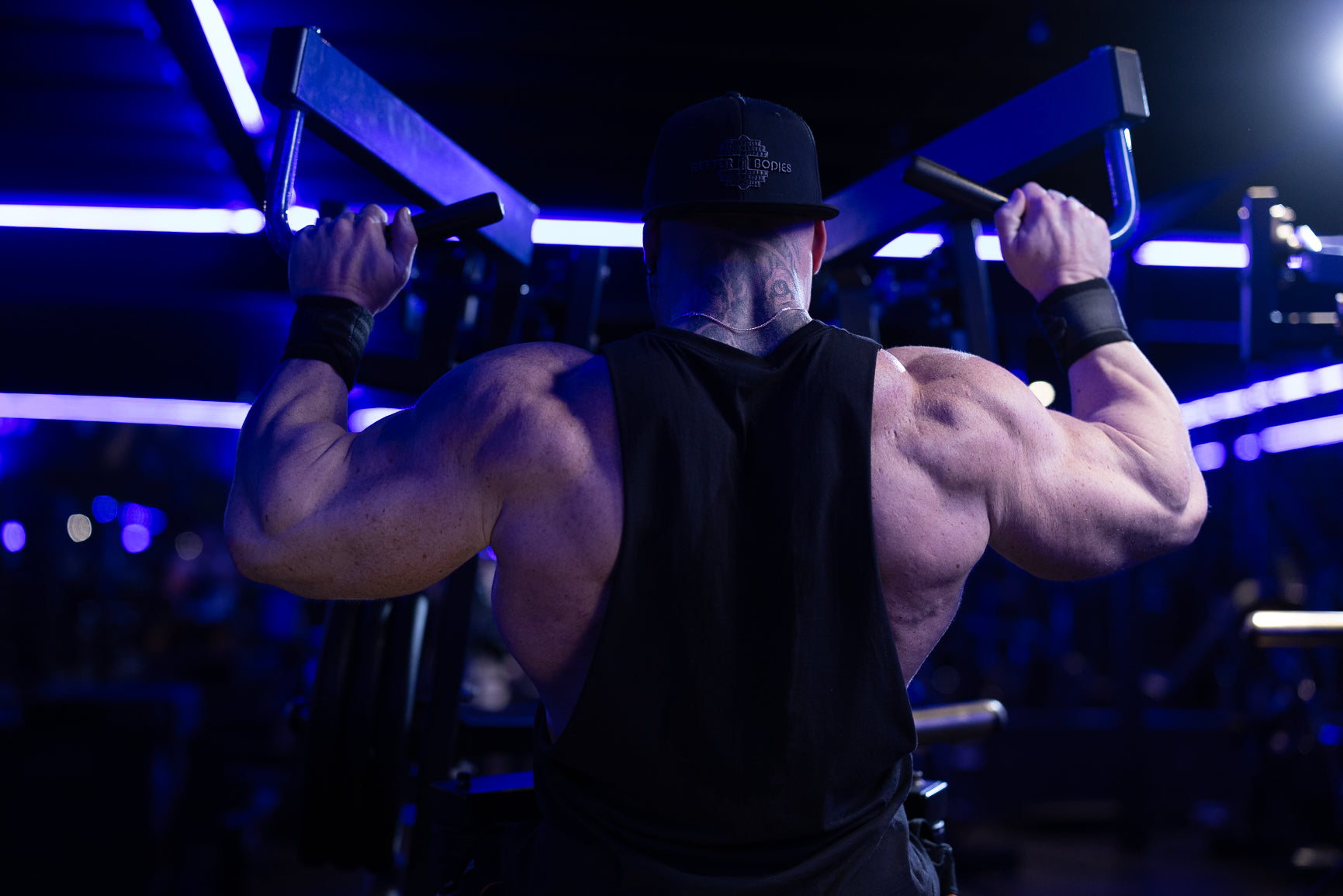
Can I Mix Creatine with Pre-Workout?
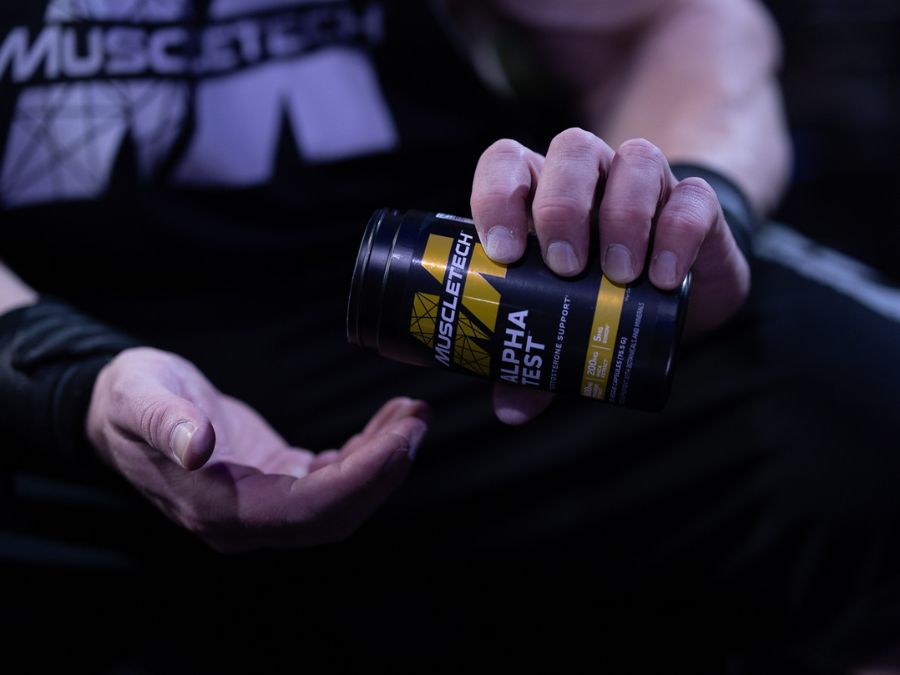
What Food Lowers Testosterone? Avoid These 10 Culprits
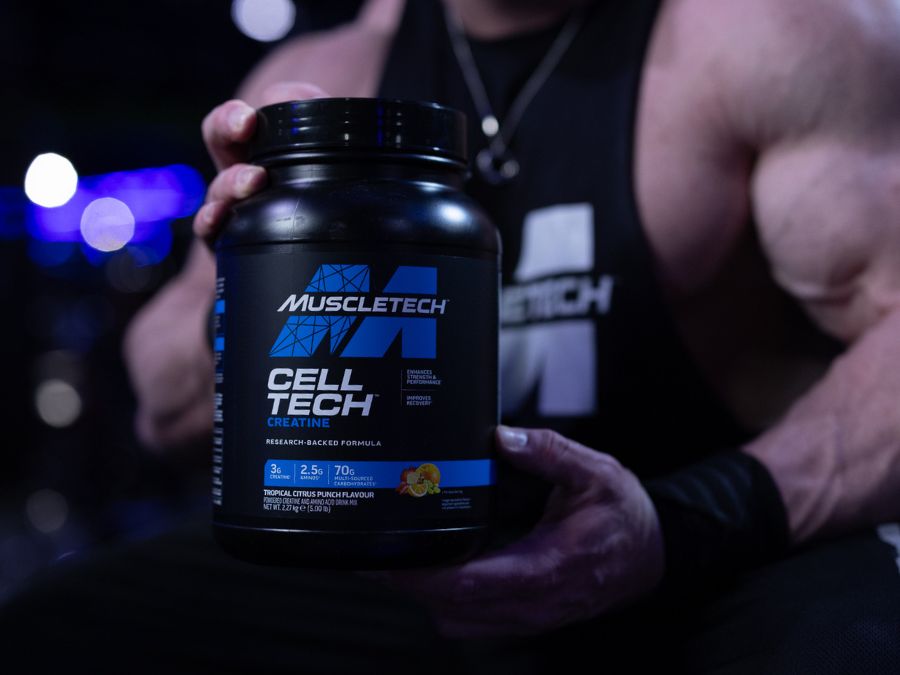
Should I Take Creatine on Rest Days?
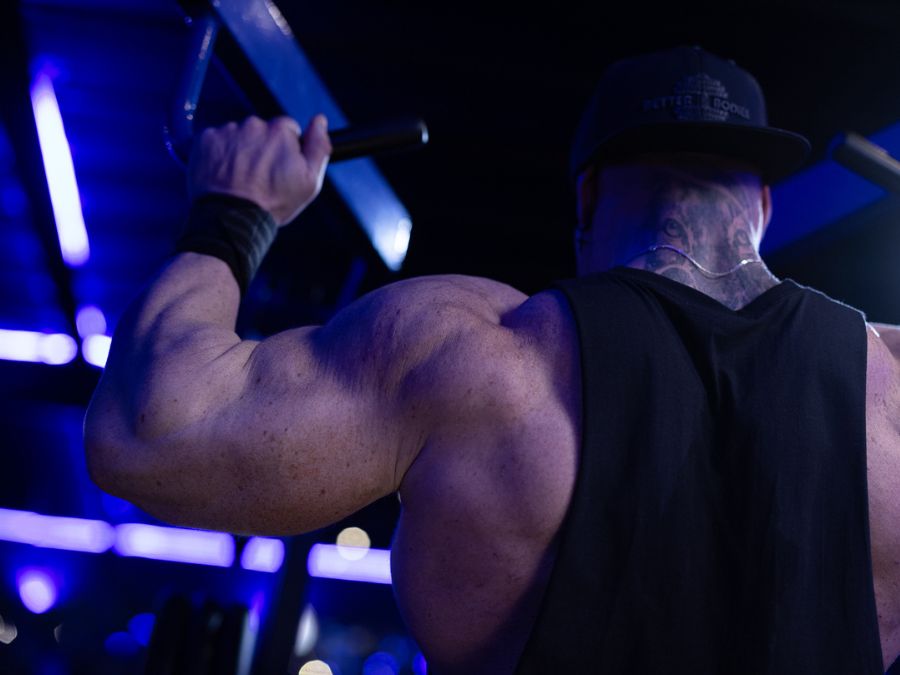
Glutamine Benefits for Bodybuilders - A Complete Account
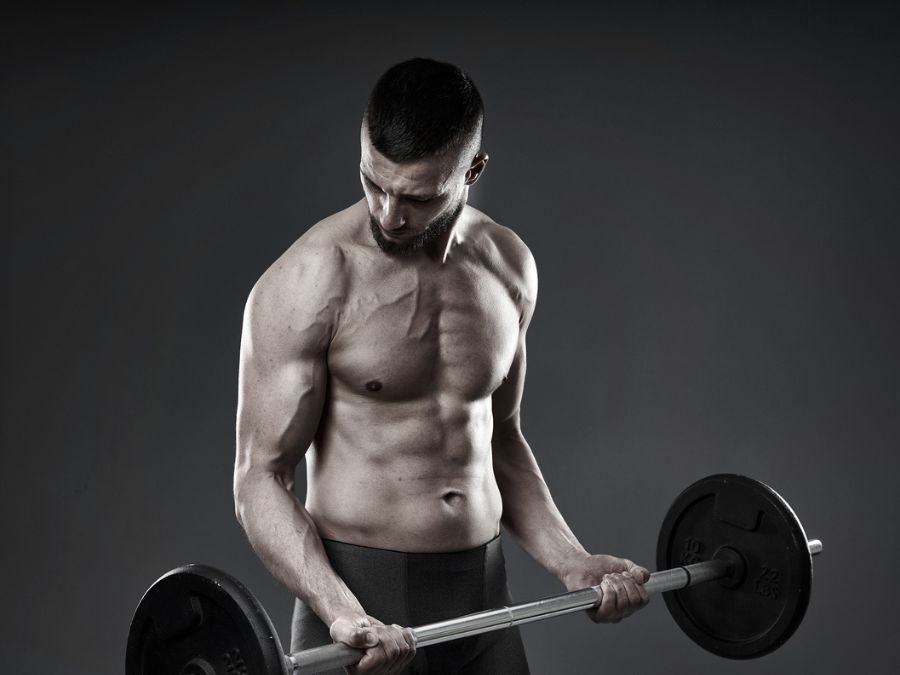
Ultimate Pull Day Workout For Muscle & Strength
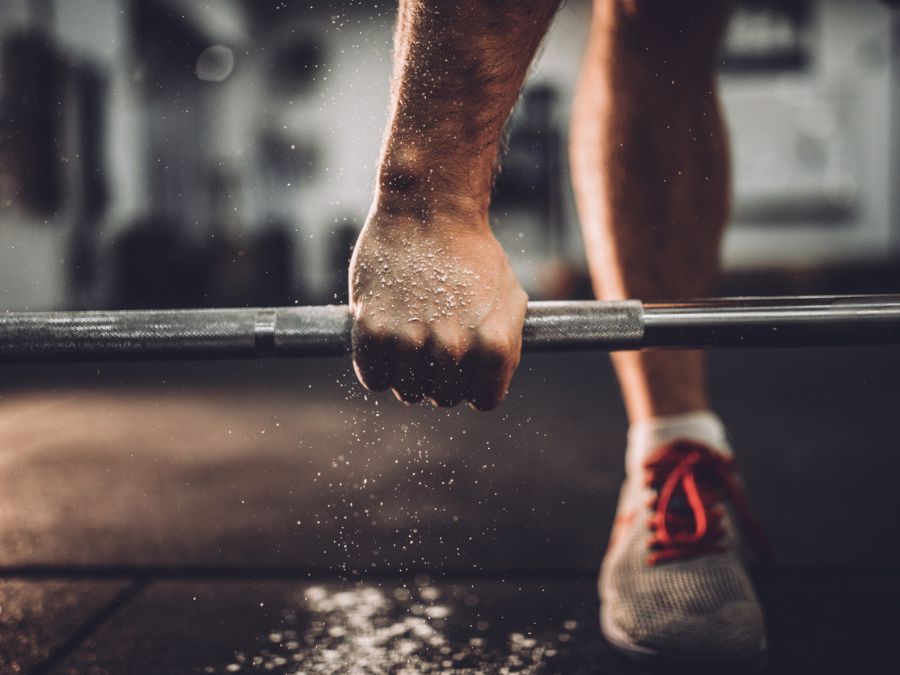
A Complete Guide to Straight-Leg Deadlift & Alternatives
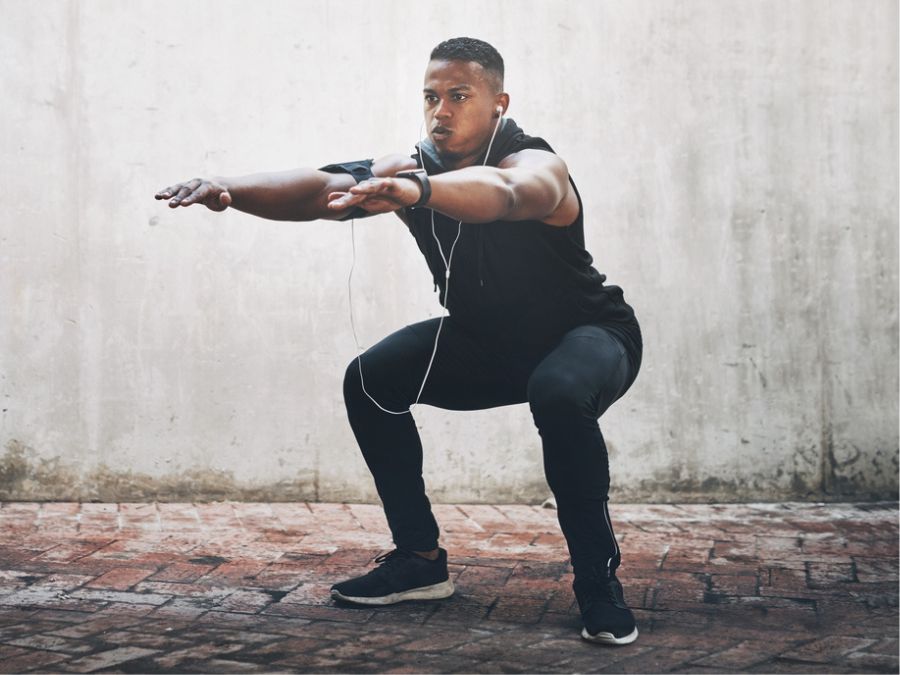
The Ultimate Guide to Doing “Sissy” Squats
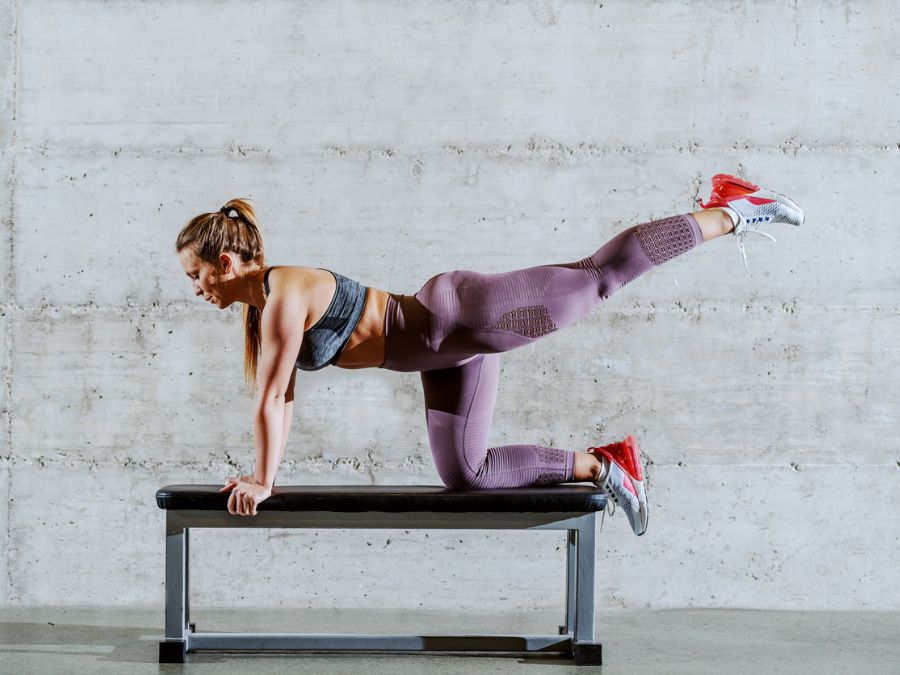
The Ultimate Guide to Donkey Kicks & its Alternatives
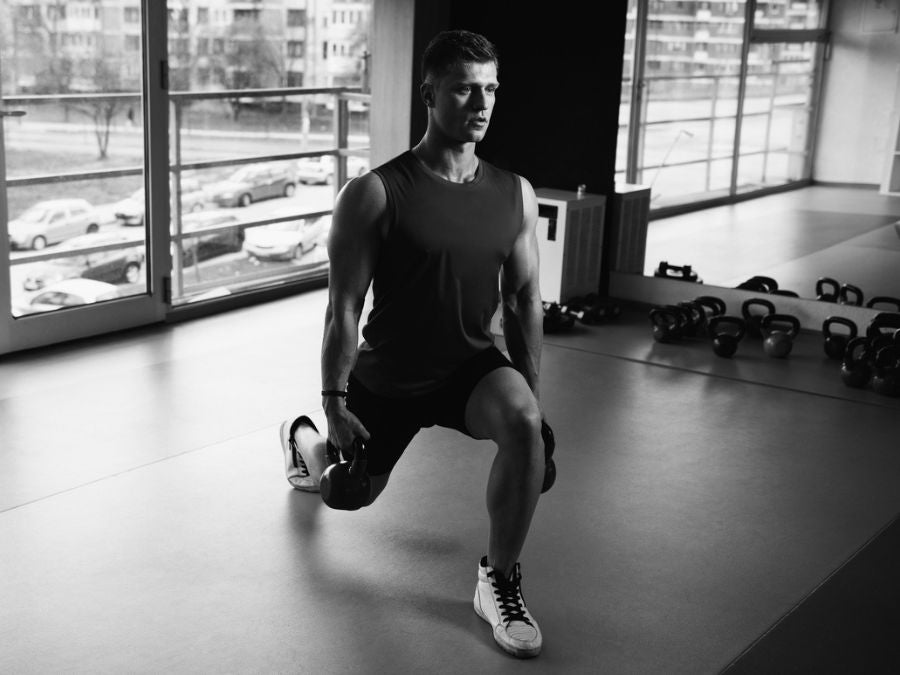
9 Quad Stretches for Flexibility & Soreness Relief
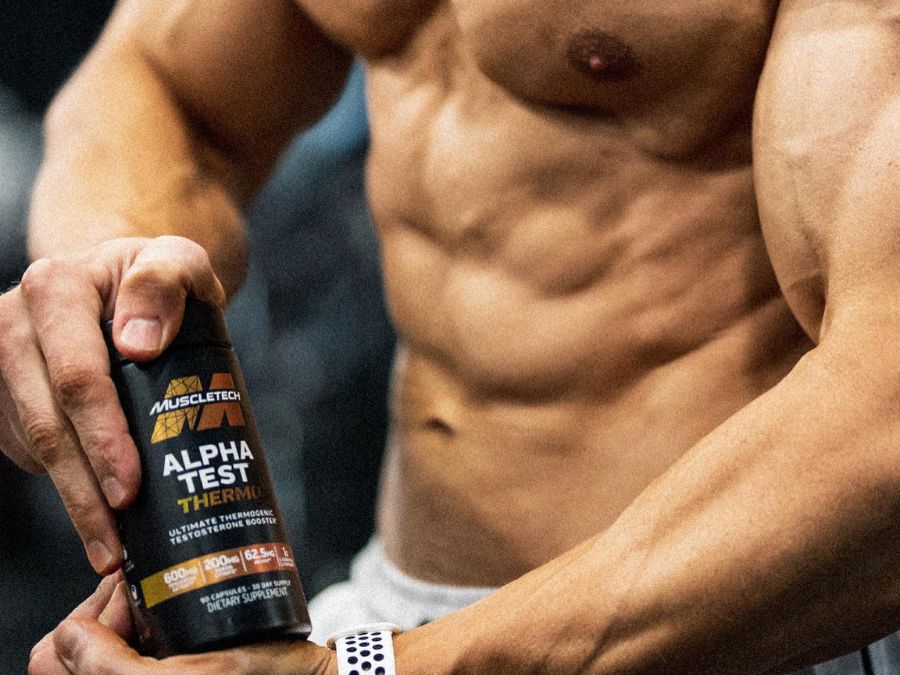
Unlocking Your Potential: The Best Testosterone Booster for Peak Performance
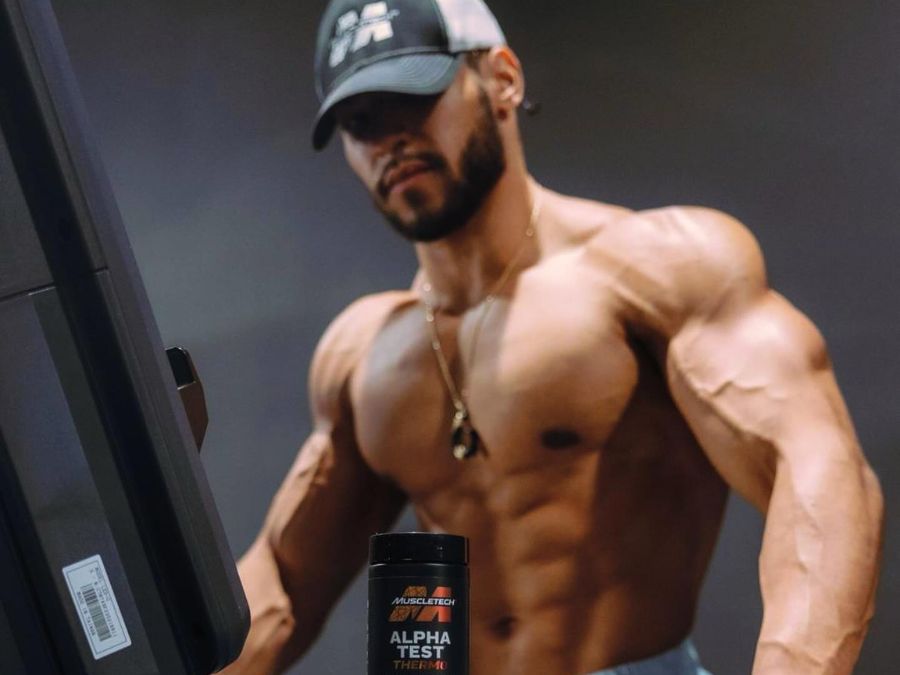
Revitalize Your Life: Discover the Best Testosterone Booster for Males Over 40
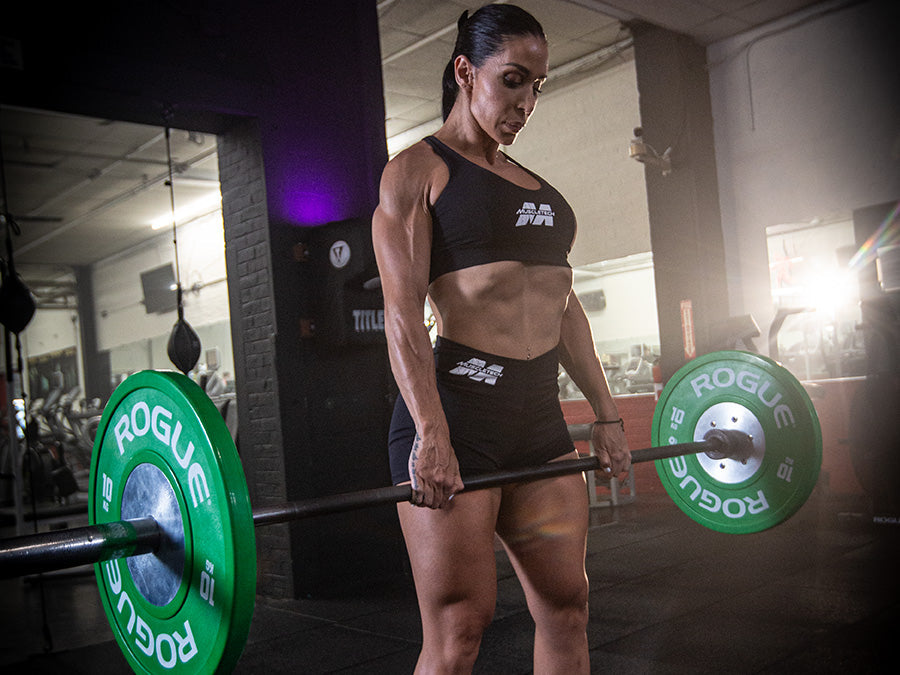
What Does Creatine Do for Women?
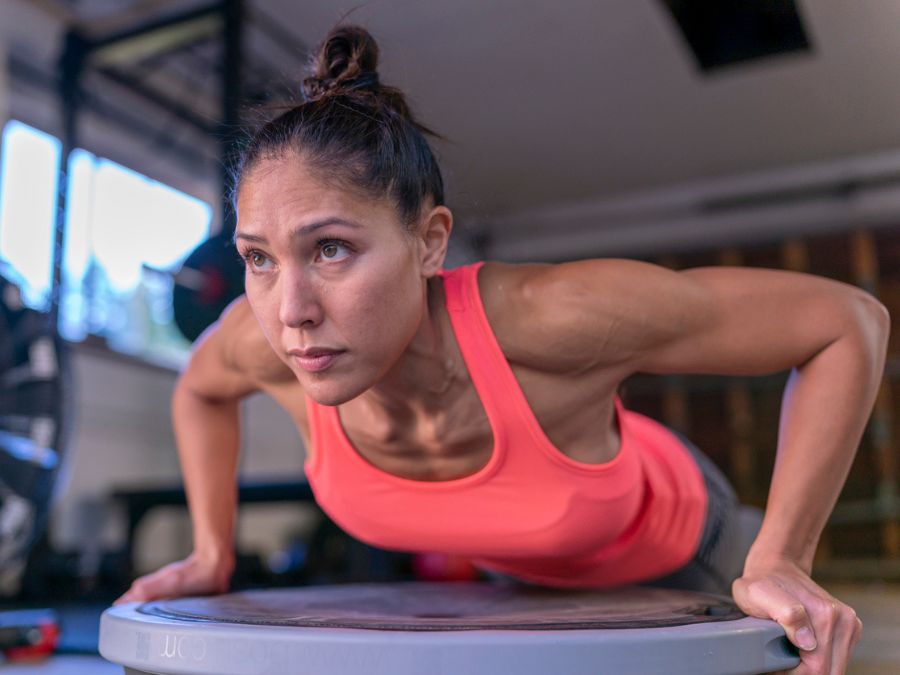
23 Best HIIT Workouts for Women – 5 to 50 minutes long!
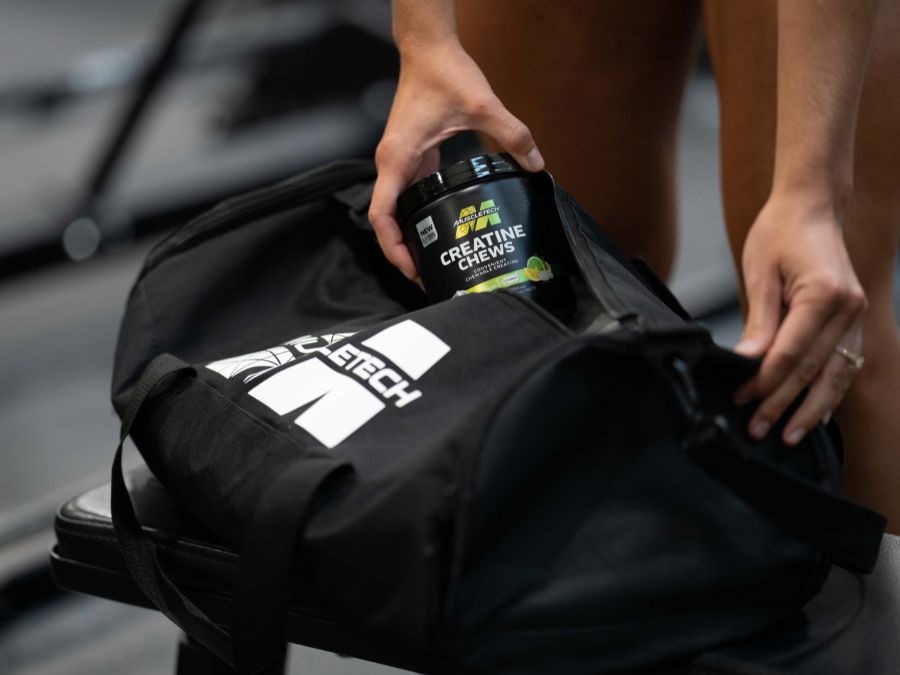
Gym-Tested, Athlete-Approved: 11 Best Post-Workout Supplements to Transform Your Recovery
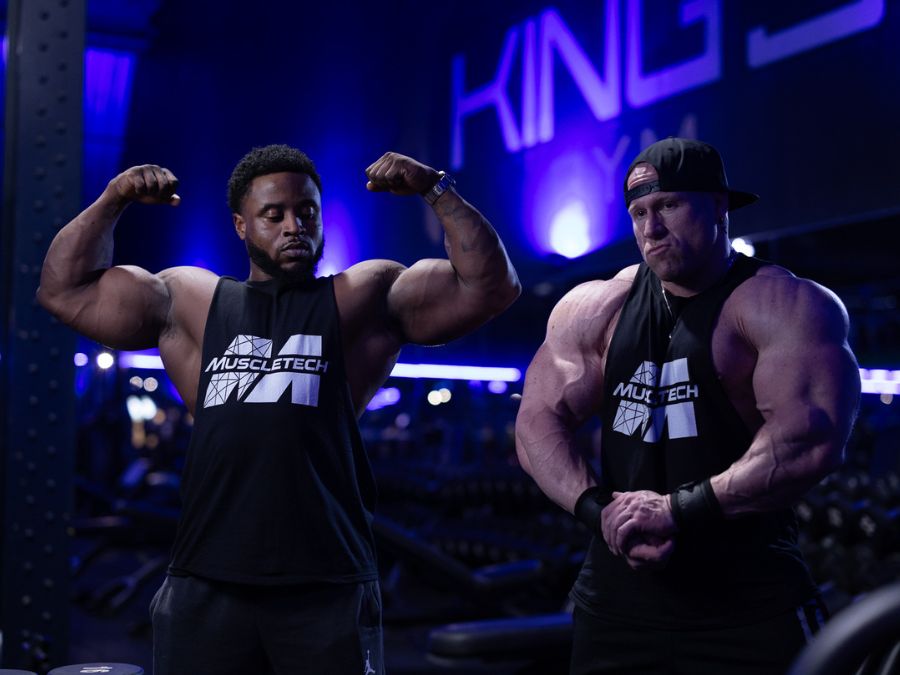
The Bulking Season is Here! [5 Secrets to Make the Most of it]
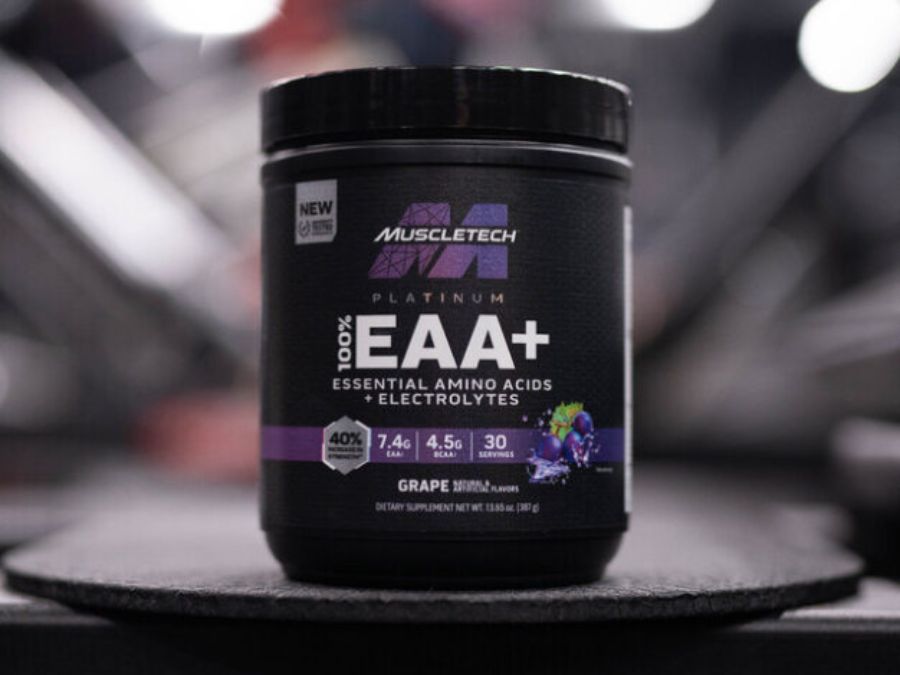
Beyond BCAAs for Women: Discover the Power of EAAs
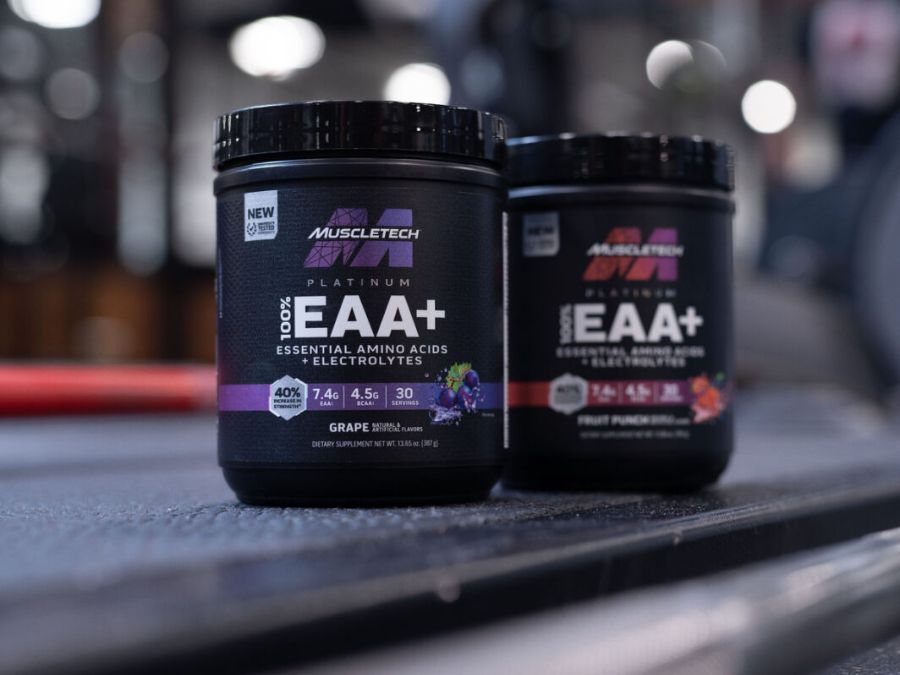
BCAAs vs EAAs: How Full-Spectrum Essential Amino Acids Are Dampening the BCAA Craze
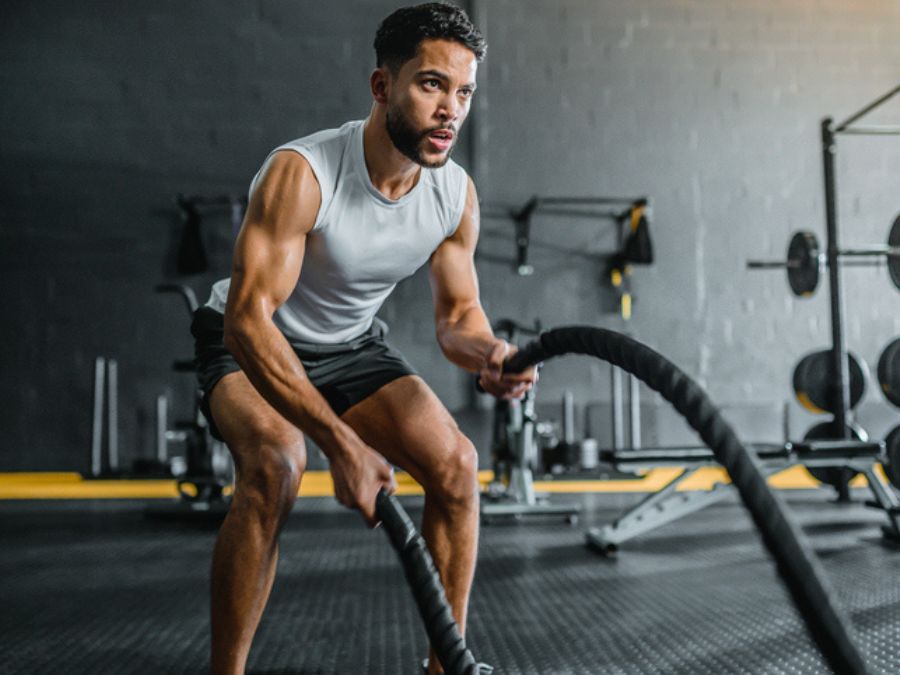
27 HIIT Workouts to Build Muscle & Melt Fat
